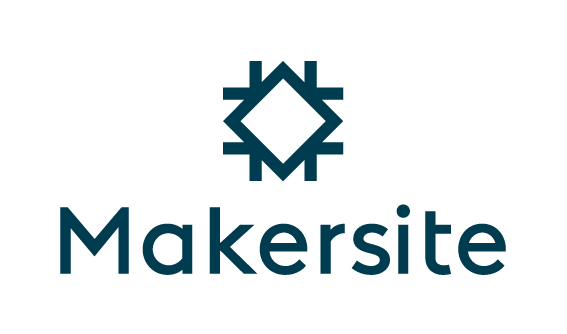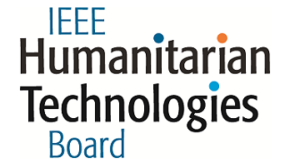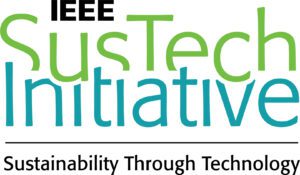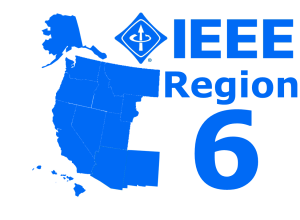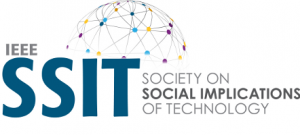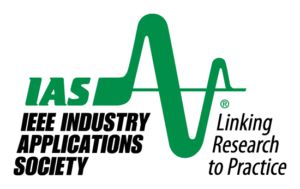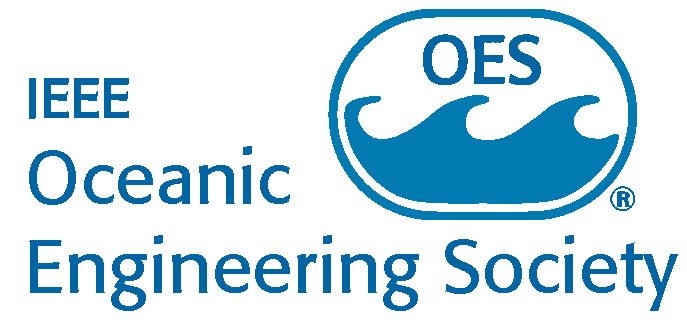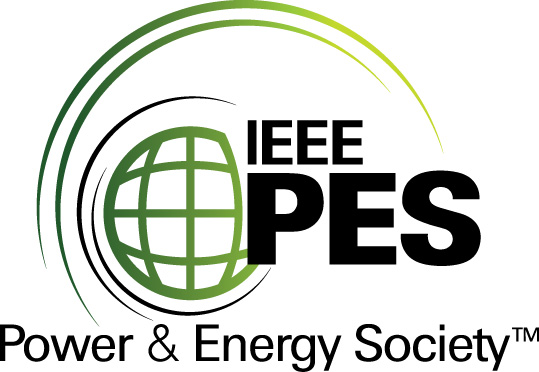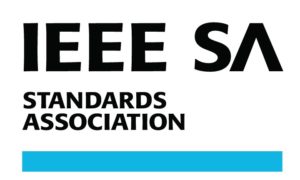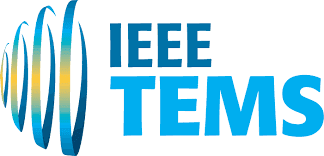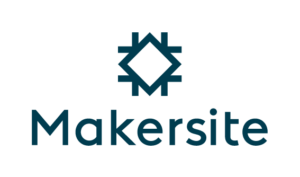Workshops
SusTech 2017 Workshops
Date: Sunday November 12, Noon-5:00 pm
Register/Check-in @ Noon-1:00 pm; workshops start promptly at 1:00 pm.
- Mobile Microgrid Training Platform Workshop
- “Makers & Sustainability” Workshop II
Mobile Microgrid Training Platform Workshop
Instructors:
Nathan Johnson, Assistant Professor, Director – Laboratory for Energy And Power Solutions (LEAPS), Arizona State University
Alexander Mobley, Research Assistant, Arizona State University
Samantha Janko, Graduate Research Assistant, Arizona State University
Abstract:
Global demand for microgrids is expected to grow 5x by 2025. This rapid growth will occur from technical innovation, increased need for reliable power, decreased cost of renewables, and objectives to improve electrical access around the world.
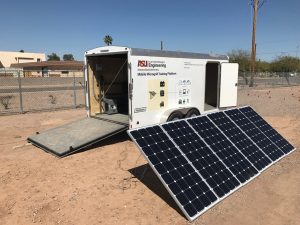 The Laboratory for Energy And Power Solutions (LEAPS) at Arizona State University (ASU) has created workforce development programs to train a new wave of engineers, technicians, and managers needed for the microgrid industry. Hands-on technician training is delivered on-site at ASU and through an extension service using the Mobile Microgrid Training Platform. This platform offers a plug-and-play environment for education with various microgrid configurations to be wired and tested including a generator, solar PV, battery storage, inverters, grid connection, and a microgrid controller.
The Laboratory for Energy And Power Solutions (LEAPS) at Arizona State University (ASU) has created workforce development programs to train a new wave of engineers, technicians, and managers needed for the microgrid industry. Hands-on technician training is delivered on-site at ASU and through an extension service using the Mobile Microgrid Training Platform. This platform offers a plug-and-play environment for education with various microgrid configurations to be wired and tested including a generator, solar PV, battery storage, inverters, grid connection, and a microgrid controller.
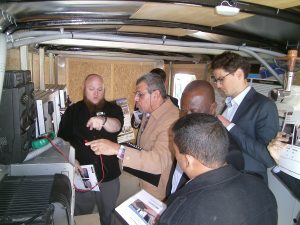 Participants are guided through topics including basic electrical concepts, component integration, safety, and microgrid operation and control. In the related effort, ASU’s Vocational Training and Education for Clean Energy (VOCTEC) has successfully delivered solar PV training to over 20 countries. VOCTEC and LEAPS are working together to accomplish a similar goal in delivering microgrid training around the world.
Participants are guided through topics including basic electrical concepts, component integration, safety, and microgrid operation and control. In the related effort, ASU’s Vocational Training and Education for Clean Energy (VOCTEC) has successfully delivered solar PV training to over 20 countries. VOCTEC and LEAPS are working together to accomplish a similar goal in delivering microgrid training around the world.
Agenda:
Enrollment limited to 20 participants
Participants will be divided into two groups.
Half the time will be spent interacting with the Mobile Microgrid Training Platform (MTTP) trailer and the other half with VOCTEC’s Mobile Training Toolkit (MTT) for Solar PV Training.
Learning outcomes:
- Electrical Safety
- Introduction to Microgrid Components
- Basic System Sizing Overview
- Battery and Solar PV configuration
- Standard Inverter Operation
These outcomes will be achieved using both the MTTP and the MTT.
This workshop will offer PDH credit. TBA.
Instructors:
Dr. Nathan Johnson is an Assistant Professor at Arizona State University and the Director of the Laboratory for Energy And Power Solutions (LEAPS). His 25-person research team takes energy innovations from concept to construction with a focus on distributed energy resources, smart networks, microgrid controls, and off-grid solutions. Dr. Johnson manages a one-acre microgrid test bed to combine simulation-based design with hands-on fabrication and testing to create next-generation solutions to current market needs. Before joining ASU, he spent ten years in industry and academia working in business development for the energy sector. He now helps start and advise small businesses. Arizona State University recognizes Dr. Johnson as a Senior Sustainability Scientist for his globally-focused sustainability efforts. He has spent over two years working within developing countries to address energy needs of emerging economies and the rural poor. Dr. Johnson is also an active educator with training and capacity building programs both inside and outside standard university curricula. In his spare time, he runs marathons and regularly paces the Boston qualifying time to help individuals meet their personal goals.
Samantha Janko is a Systems Engineering PhD student at Arizona State University studying advanced control of microgrid systems under her NSF GRFP fellowship. She is interested in how artificial intelligence and machine learning strategies can be used to develop self-organizing, next-generation electric grid systems both on and off the grid. Samantha has a background in Robotics (BS) and Systems Engineering (MS). When faced with an engineering problem, she finds it important to consider the big picture and understand the perspective of many different disciplines to design a solution.
Outside of her research work, she enjoys capacity building as both a teacher/trainer and participating as a student herself.
Alexander Mobley, Research Assistant, Arizona State University, is an Electrical Systems Engineering Bachelor’s Student at Arizona State University. He is a veteran of the United States Air Force and has worked at the Laboratory for Energy and Power Solutions(LEAPS) for a year, focusing on microgrid education, modeling, and construction. Using his background and experience in combination with his education he endeavors to provide worthwhile solutions to energy challenges.
Makers & Sustainability Workshop II
Instructors:
Teresa Gomez & Alan Tu, Intel Corporation
Abstract:
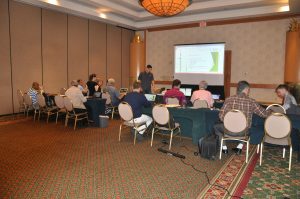 This is repeat of last year’s popular workshop with new hardware.
This is repeat of last year’s popular workshop with new hardware.
Receive hands on experience with the Arduino 101, sensors, and Bluetooth LE. In this four hour workshop, you will learn the basics of using maker platforms and tools to create proof of concept solutions to sustainability problems.
The first half of the course will cover the basics of the popular Arduino environment and its use for simplified embedded programming. We will then incorporate a gas sensor and explore the integrated features of the Arduino 101 microcontroller, including data collection, on-board computation, and connectivity.
Materials (Arduino, cables, sensors; approx. cost $50) are required. Attendees need to bring their own Arduino or purchase one on advance. See parts list below.
Attendees need to bring a laptop with Bluetooth for developing and testing the Arduino application. An Arduino 101 or Blend is recommended to make use of the Bluetooth link.
Course outline:
1:00-3:00pm setting up the environment, basics of Arduino and programming it
3:00-4:30pm integrating sensors, reading data
4:30-5:00pm wrap up
Workshop Parts List:
- Arduino 101 or Seeed Studio Blend V1.0 board (SKU 113030018): e.g. http://www.mouser.com/search/ProductDetail.aspx?R=0virtualkey0virtualkeyARDUINO101
- USB A-to-B cable: e.g. http://www.mouser.com/search/ProductDetail.aspx?R=0virtualkey0virtualkey3021001-03
USB cable: micro-USB for Blend - Grove HCHO sensor SKU 101020001: http://www.mouser.com/ProductDetail/Seeed-Studio/101020001/?qs=sGAEpiMZZMvxSQPygxWTpelXttg%252b0ND6tF0tMq6G8yU%3d [note: link corrected 10/29]
Speakers:
Teresa Gomez is a Manufacturing systems engineer at Intel Corporation since 2015, previously worked in the defense industry. Graduated from the Massachusetts Institute of Technology with BS and MS degrees in Mechanical Engineering. Teresa helps coordinate the Intel maker community in Arizona and seeks to incorporate smart sensing into factory operations, including using maker technologies for rapid prototyping.
Alan Tu is a Storage performance engineer working at Intel Corporation since 2012. Graduated from Arizona State University with a bachelors in Computer Science. A maker enthusiast who has used making and development platforms to gain a better understanding of the electrical side of computing and embedded programming. He also enjoys making and tinkering with projects for personal and home use as well as for teaching other how they too can create with these platforms.


